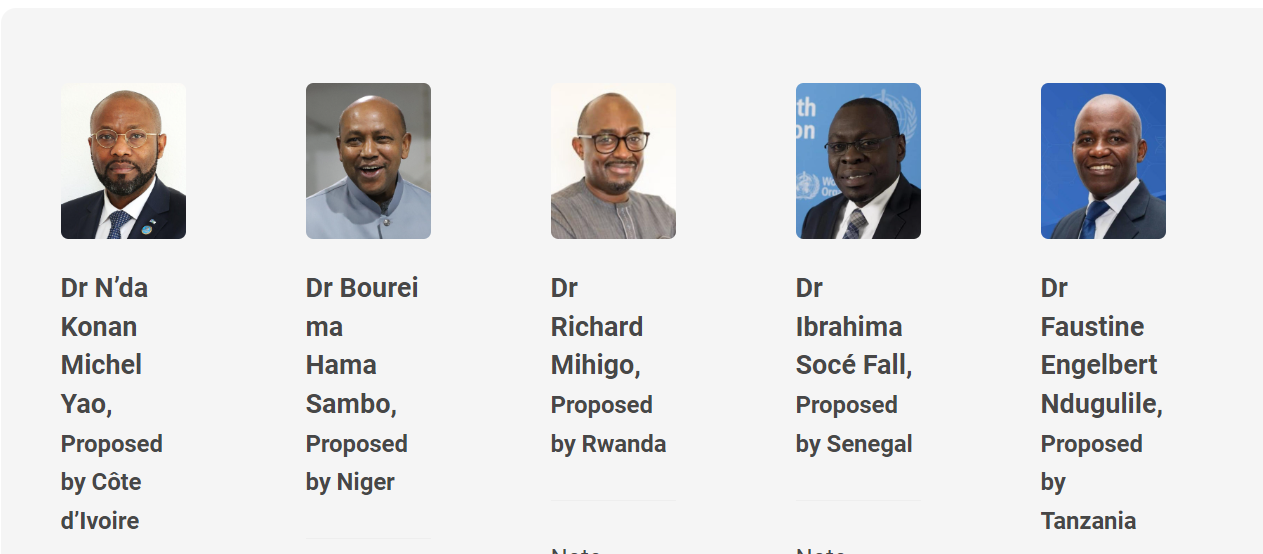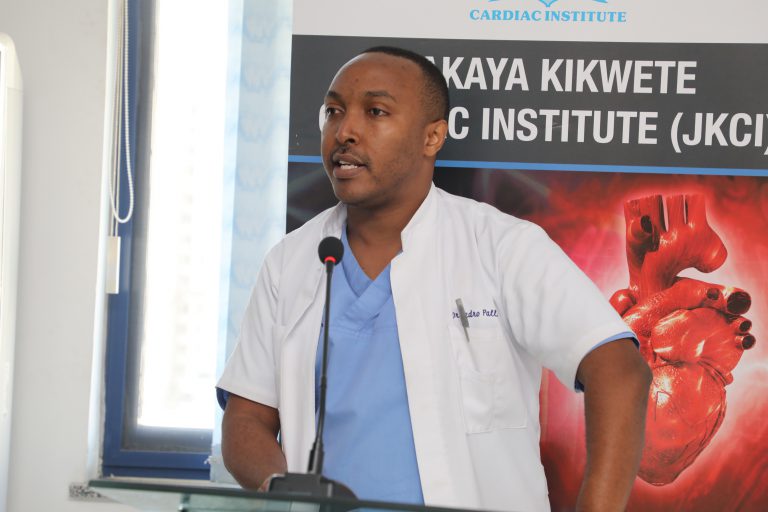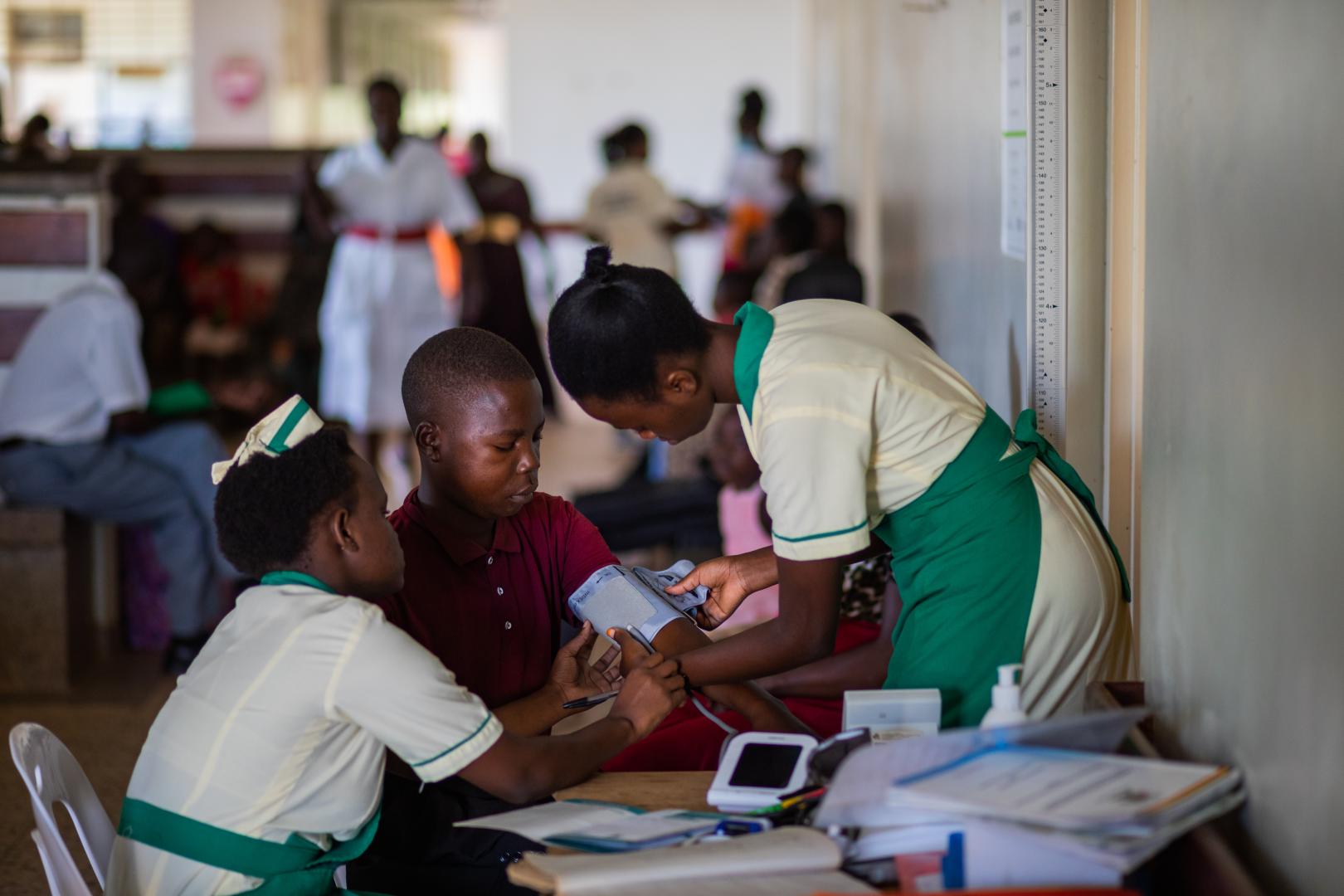The National Institute for Medical Research (NIMR) and prominent Tanzanian scientists have expressed concerns over a research paper published in the Journal of Infectious Diseases and Epidemiology that cited alarming statistics on the prevalence of HIV infection among the Tanzanian population.
The paper, titled “Sexual Behaviors and HIV Status: A Population-Based Study among Youths and Adults in Tanzania,” authored by Adeleye Ayinde Adaralegbe and colleagues, has been widely criticized for its “erroneous” claim that approximately 80% of the Tanzanian population is living with HIV.”
The paper, published back in 2021, is an open-access publication which increases its visibility, raising concerns about the potential for misinformation to spread.
NIMR, which has the mandate to carry out, coordinate, promote, monitor and regulate health research conducted in Tanzania, has formally requested the Editor-in-Chief of the US-based journal to either provide the source and authentication of the data in question or issue a retraction of the publication, said the institute’s Director General Prof. Said Aboud, who is also the Chairperson of Medical Research Coordinating Committee.
Also read: Scientific Paper Under Scrutiny For Claiming 80% Of Tanzanians Living With HIV
NIMR has also requested that Adeleye A. Adaralegde, colleagues, and their institution take appropriate measures to address the inaccuracies in the publication. This includes issuing a public apology to mitigate any potential harm caused by the dissemination of misleading information.
“It is unethical and totally unacceptable to disseminate research findings that mislead the public and the interventions to be pursued,”
Prof. Said Aboud-Director General of National Institute for Medical Research(NIMR)
Dr. Mary Mayige, an Epidemiologist and Director of Research Information & Regulatory Affairs at NIMR emphasized the gravity of the error, stating that “The 80% is too high a number that should have drawn the attention of the authors and reviewers.”
The actual HIV prevalence in the country is 4.4%, according to a statement issued by the Ministry of Health’s Communications Head, Engilbert Kayombo, citing national surveys that have shown a decline from 7% in 2003-2004 to 4.4% in 2022-2023, a figure that has remained relatively stable since the time of the paper’s publication in 2021.
The paper’s authors cited a source that contradicts their claim. The 80% figure appears to have been erroneously taken from a study that actually reported a prevalence rate of 6% in comparison with other countries.
“The use of this data without proper context could easily lead to misunderstandings and inaccuracies,” said Dr. Mayige during an interview with MedicoPRESS, questioning why the authors did not collaborate with local researchers who could have provided valuable insights and ensured the accuracy of the data.
“Even if the issue arose from a misinterpretation of a citation, a more collaborative approach with local experts would have helped to avoid the public outcry that has ensued,” said Mayige and encouraged local scientists to use this as a wakeup call on the importance of ethical principles in research. In such cases, “it is essential to communicate concerns directly to the journal’s editor.”
Globally, the scientific community is facing a significant challenge as research inaccuracies may occasionally find their way into published journals. Despite robust quality control measures, human error, bias, and misconduct have been found to undermine the reliability of scientific findings.
Public reaction applauded
Dr. Nyanda Elias Ntinginya, NIMR’s Director of Research Coordination and Promotion, commended the national and international health community for voicing their concerns about the inaccurate data.
He reminded health experts in the research value chain on the importance of maintaining ethical and scientifically sound research practices in accordance with local and international standards.
Scratching old wounds
Karim Manji, Professor Emeritus of Muhimbili University of Health and Allied Sciences (MUHAS) noted that the recent controversy surrounding the research paper has reignited concerns about the involvement of local researchers in international publications.
These concerns, akin to scratching old wounds, often center on the perception of research colonialism, where local scientists may feel marginalized or undervalued.
Looking ahead, Professor Manji emphasized the importance of “investing in local research capacity and promoting evidence-driven research led by Tanzanian scientists.”
Speaking to MedicoPRESS, he pointed to the success of countries like India, Malaysia and Brazil as a model for how to achieve this goal.










1 comment
Comments are closed.